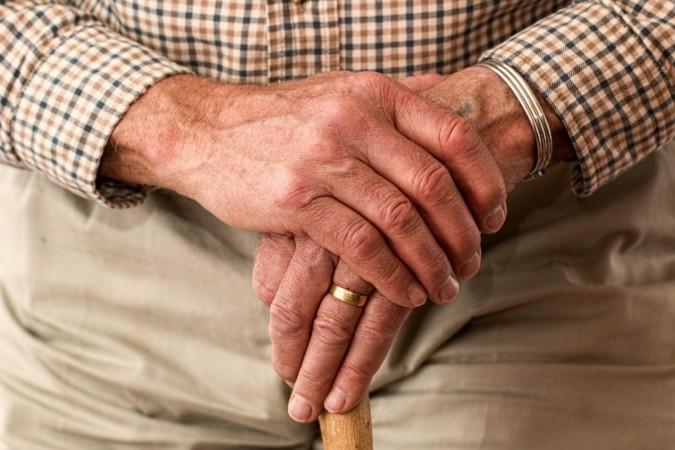
Ageing has been one of humanity greatest challenges since time immemorial. Although scientists have made significant developments in their anti-ageing research over the last few years, a concrete solution to this biological process of becoming older is yet to be discovered.
Aubrey de Grey, the 54-year-old cofounder of the California-based SENS Research Foundation, has set himself the very task of ending biological ageing, because he believes that "a world free of age-related disease is possible."
At a Virtual Futures event in London on Wednesday, De Grey was so sure of his mission that went on to boldly state that the first person to live as many as 1,000 years has already been born. What made him proclaim that was his belief that we are just about 20 years away before science finally leads us to an ageing-free era.
Ageing, which kills 110,000 people worldwide every day, "unequivocally causes far more suffering than anything else that we have to experience, and contrary to the impression that most of humanity has forced itself into, it's indeed a problem which is amenable through technological intervention," Inverse quoted de Grey as saying.
There have been many significant breakthroughs in anti-ageing research over the last few months, ranging from discovery of a molecule capable of fighting the effects of ageing to a new stem cell treatment leading to remarkable anti-ageing outcomes.

According to de Grey, when humans ultimately find the way to avoid ageing, they will develop some kind of rejuvenation clinics that will address seven types of ageing-related issues, including tissue atrophy, cancerous cells, mitochondrial mutations, death-resistant cells, extracellular matrix stiffening, extracellular aggregates and intracellular aggregates.
De Grey also said that such clinics are likely to be expensive at first, but will eventually become more affordable for the use of the general public.
According to the United Nations, the number of older persons -- aged 60 years or over -- is expected to more than double by 2050, rising from 962 million globally in 2017 to 2.1 billion in 2050. The number is likely to more than triple by 2100, touching the 3.1 billion mark.
"Population ageing is poised to become one of the most significant social transformations of the twenty-first century, with implications for nearly all sectors of society, including labour and financial markets, the demand for goods and services, such as housing, transportation and social protection, as well as family structures and intergenerational ties," the intergovernmental organisation said on its website.
But, is defying the natural process of ageing is the ideal solution to all these issue? While de Grey argues that anti-ageing efforts won't be bad for the planet, it's probably too early to gauge if rejecting ageing is what's best for the humanity today.














